Student Advisory Board aims to address student concerns
After what she described as a “wonderful” first semester at Conant, principal Julie Nowak is giving students a voice at the table, establishing the new Student Advisory Board.
“It’s virtually impossible for me to get to know 2,400 kids,” Nowak explained. So, she created the Advisory Board as a way for her to closely interact with students and get their input on what they want school policies to focus on, or how administrative rules might affect them personally.
There are technically two different boards, both comprised of approximately forty students: one for upperclassmen and one for freshmen and sophomores. The primary reason for this division is that Nowak thought the two groups would have different ideas for the school. She also hopes that providing underclassmen a separate forum may encourage them to share more of their ideas. Still, neither group actually has the power to implement their decisions–that power falls on Nowak alone.
The initial meeting, which took place in the principal’s conference room on Tuesday, February 3, revolved around the merits, and distractions, of the school-wide iPad program, along with a focus on extracurricular activities. For example, students shared concerns that because of the available technology, some teachers have asked for homework to be submitted on the same day it is assigned.
One topic that surprised Nowak was the discussion of how stress is taking its toll on the student body due to homework, careers, tests, friendships, parental approval, and other factors.
There were other surprises, too, during the upperclassmen meeting, which took place on Tuesday, February 10. Sonia Zala, a junior, said that the meeting began with Nowak going around the room and having everybody say their names and one word that described Conant. She mentioned that Nowak made a list of topics from the ideas that each student submitted in the applications they filled out in order to join the board. These issues included the way grades are calculated and different aspects of college scholarships.
Zala said, “It’s interesting [how] she uses the board to get students’ ideas on issues. [Since] it’s just an advocacy group and not a decision making group, we just get to help her with ideas on how to make Conant better.”
Aakash Patel, who is also a junior, mentioned that, with so many people in the room, there wasn’t enough time to discuss all of everybody’s ideas. However, they were able to talk about the topics deemed the most important that would benefit all of Conant.
“I was impressed with how free they were with discussing topics, and how much they care about Conant High School,” Nowak said. She intends for the advisors to act as her “eyes and ears” and relate any potential discussion material to her. Nowak also said that she planned to create new Advisory Boards for the next school year, and was positive about their success in the future.

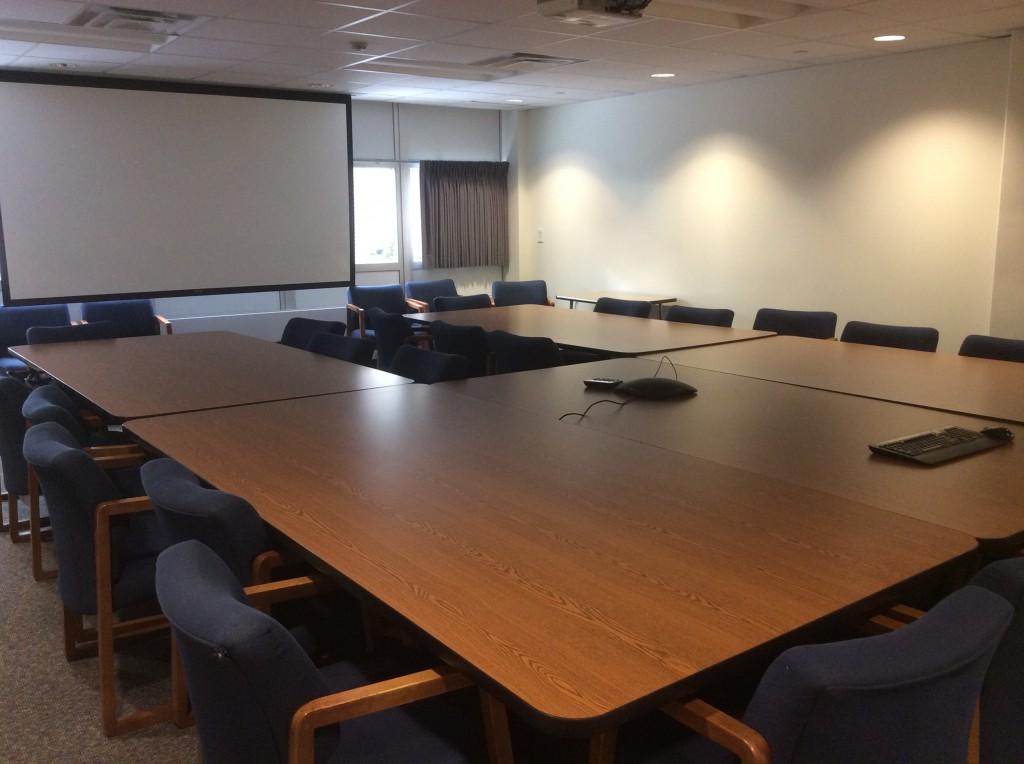
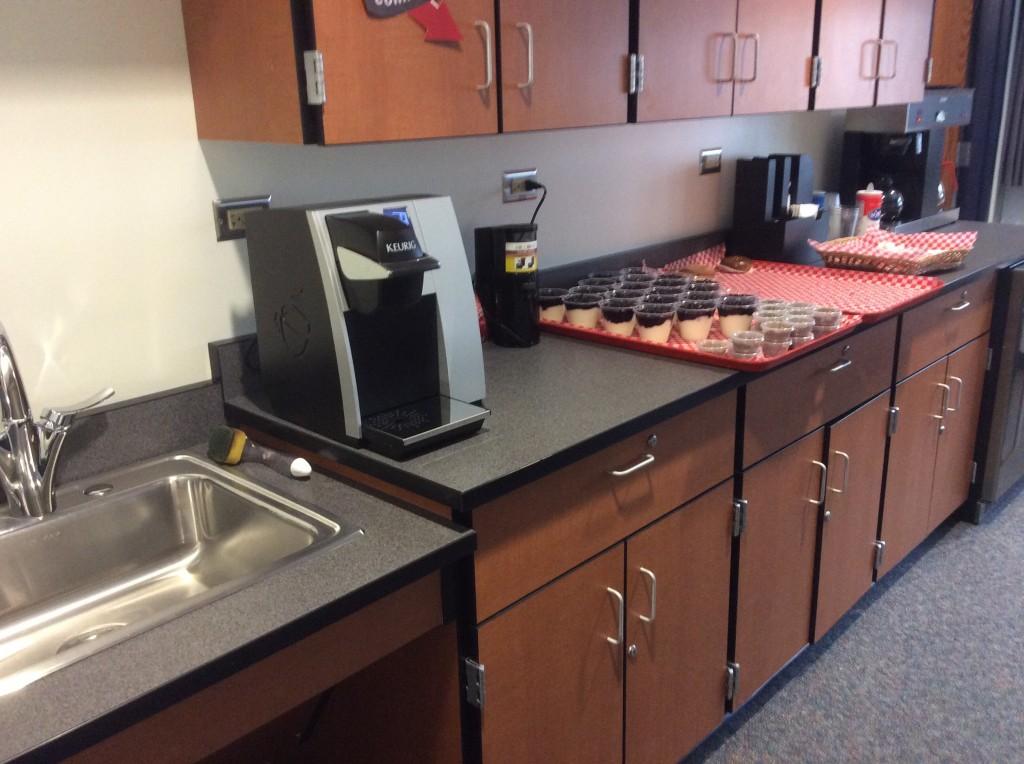
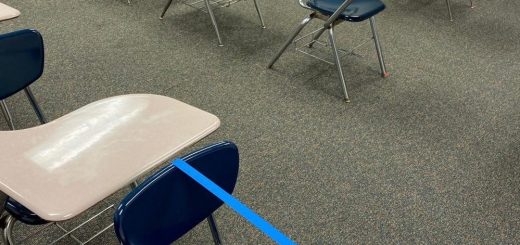
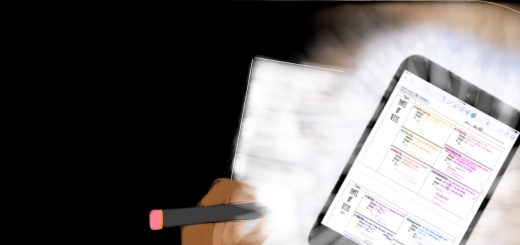
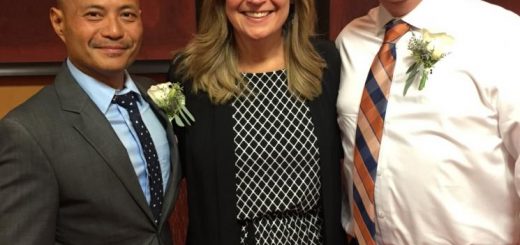
Recent Comments